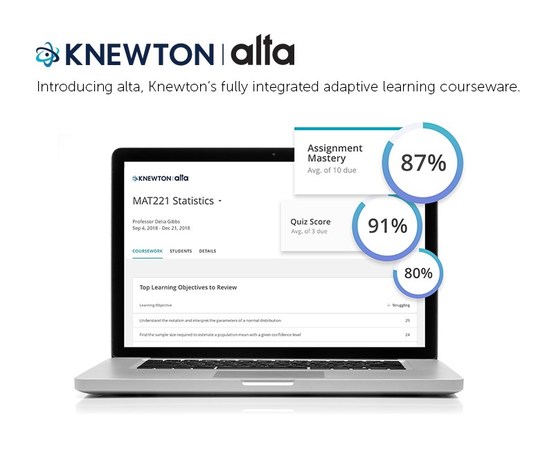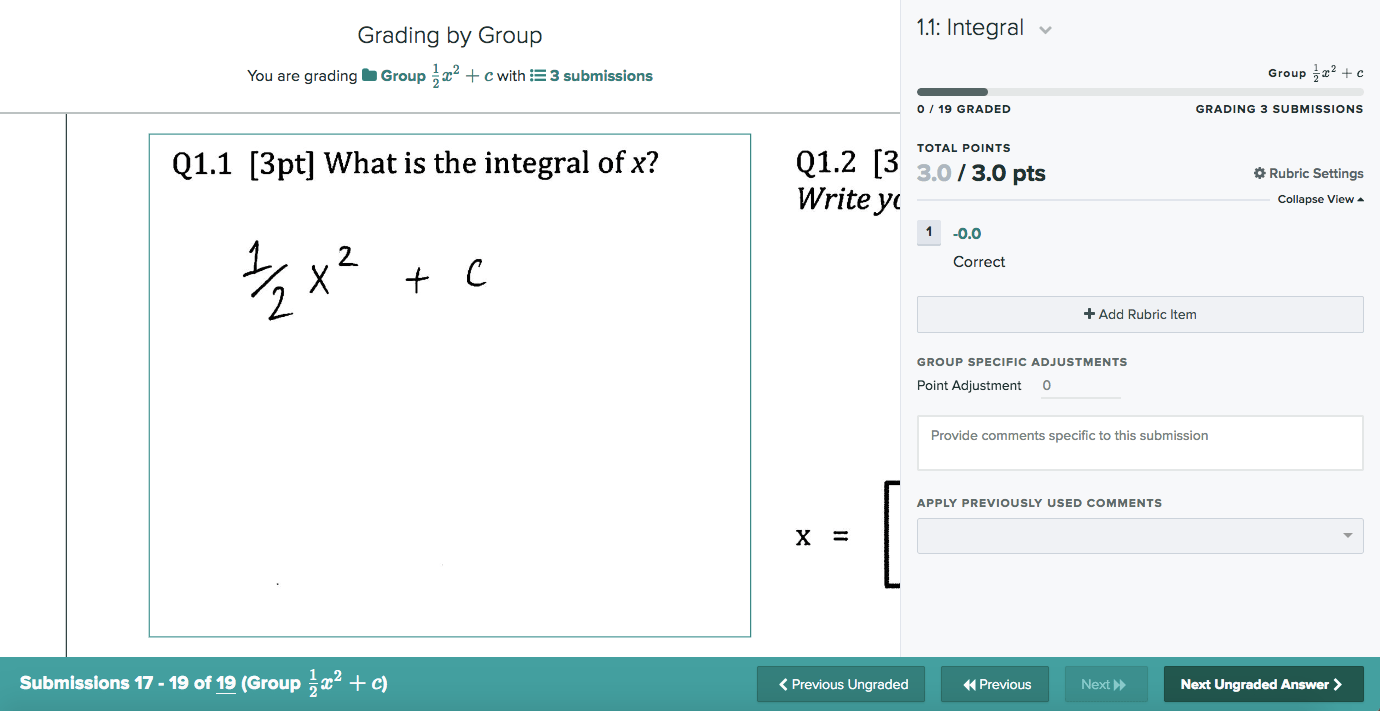Artificial intelligence (AI) and technology are transforming almost every aspect of our lives, and education is no exception. In fact, many experts believe that AI and technology will revolutionize the way we teach and learn in the years to come. From personalized learning experiences to more efficient grading systems, here are some ways that AI and tech are set to transform the world of teaching.
Personalized Learning Experiences
One of the most exciting applications of AI in education is the ability to provide personalized learning experiences. By using AI algorithms to analyze data on student behaviour, learning styles, and performance, teachers can create customized lesson plans and adapt their teaching strategies to better suit individual students. This could lead to more efficient learning, better engagement, and improved outcomes for students.
For example, Carnegie Learning has developed a math tutoring system that uses AI to provide personalized feedback and recommendations to students based on their learning progress. Another company, Knewton, has created an adaptive learning platform that uses AI to analyze student data and create customized learning paths.

More Efficient Grading Systems
AI can also be used to automate grading, freeing up teachers’ time to focus on other aspects of teaching. This can be especially useful for large classes or assignments that require a lot of grading. With AI grading, students can receive immediate feedback on their work, and teachers can spend more time on lesson planning and instruction.
For example, the EdTech company Gradescope uses AI to grade student assignments in a variety of subjects, including math, science, and engineering. The platform allows teachers to create rubrics and assign points to different aspects of student work, which are then graded automatically using AI algorithms.

Improved Access to Education
AI and technology can also help to improve access to education, particularly for students in remote or underserved areas. With online learning platforms and virtual classrooms, students can access educational resources from anywhere in the world, as long as they have an internet connection.
For example, Coursera and edX offer online courses from top universities around the world, covering a wide range of subjects. These platforms use AI to provide personalized recommendations to students based on their interests and learning progress.
However, it’s important to note that access to technology and reliable internet is not evenly distributed, and there is a risk of exacerbating existing inequalities if technology is not implemented in an equitable way.
Improved Student Engagement
AI and technology can also help to improve student engagement and motivation. Gamification, for example, is a technique that uses game-like elements to make learning more interactive and engaging. With AI algorithms, teachers can create customized games and learning activities that adapt to each student’s level of knowledge and progress.
For example, Duolingo uses gamification to make language learning more engaging and fun. The app uses AI to adapt lessons to each student’s learning progress and incorporates game-like elements such as point systems and leaderboards to motivate students to continue learning.

Conclusion
AI and technology have the potential to transform the world of teaching in many exciting ways, from personalized learning experiences to more efficient grading systems. However, it’s important to remember that technology should be implemented in an equitable way and that there are still many challenges to overcome in terms of access and infrastructure. As AI and technology continue to evolve, it will be interesting to see how they are integrated into the world of education, and what new possibilities they bring.
Sources:
Carnegie Learning. (n.d.). Personalized Learning. Retrieved April 27, 2023, from https://www.carnegielearning.com/our-research/personalized-learning/
Knewton. (n.d.). Adaptive Learning. Retrieved April 27, 2023, from https://www.knewton.com/
Gradescope. (n.d.). Online Grading Assistant. Retrieved April 27, 2023, from https://www.gradescope.com/
Coursera. (n.d.). Online Courses. Retrieved April 27, 2023, from https://www.coursera.org/
edX. (n.d.). Online Learning. Retrieved April 27, 2023, from https://www.edx.org/
Great blog Agazi! Personalized learning or experiences is something highly touched on by the Spotify classroom talk today. I see it almost as people taking back the intangibility of the cybersphere. People want to make their footprint online known and unique. I am curious if there is going to be a profitable surge in online “fun” education resources.
Hey Agazi! I think the ability to be educated online has great benefits to some people. There are many people who struggle going to school in person for personal reasons or when random events like the pandemic happen, it can be a great tool. I don’t think it is a great idea in general though, because so much of school is connecting with peers and creating relationships with your teachers. I don’t think it would replace teachers in any way, but these are great tools that can help students and teachers throughout their classes.
This post was super awesome, I feel like I learned a lot in a really entertaining way, so kudos for presenting the information so well! I’m super excited as well to see how AI will affect the future of education with things such as Duolingo, in a way of adapting to us and being like a more 1-to-1 teacher than professors having to manage so many different students. Hopefully Professor Kane is keeping an eye on this, jk of course